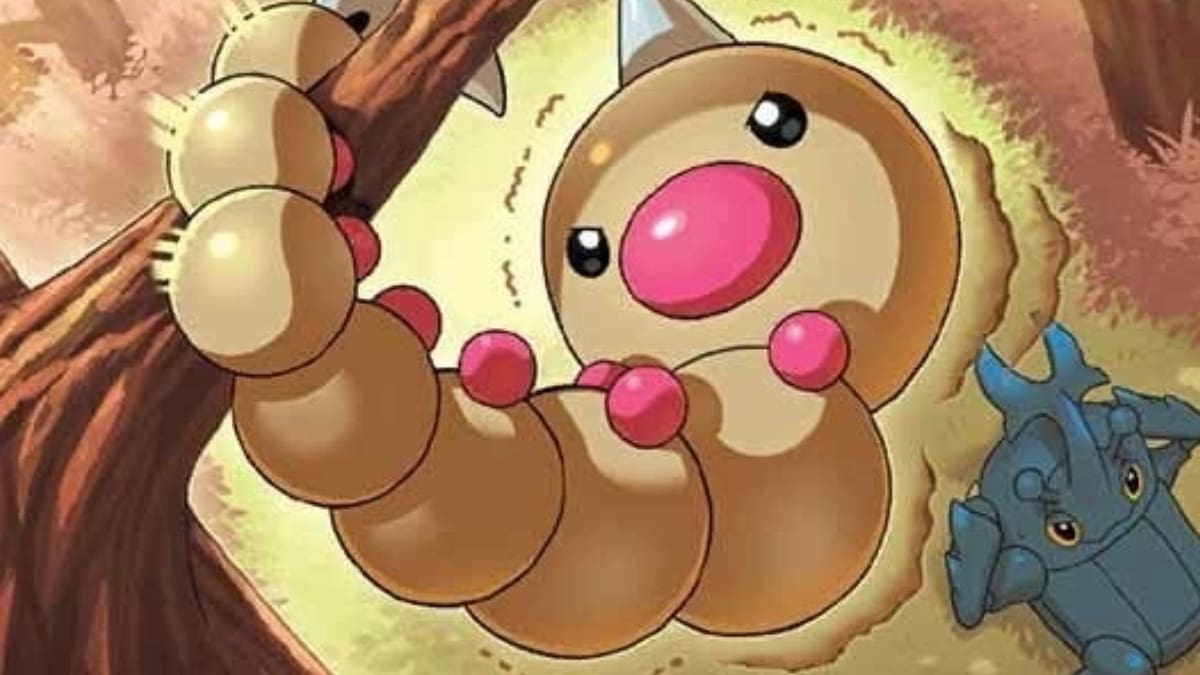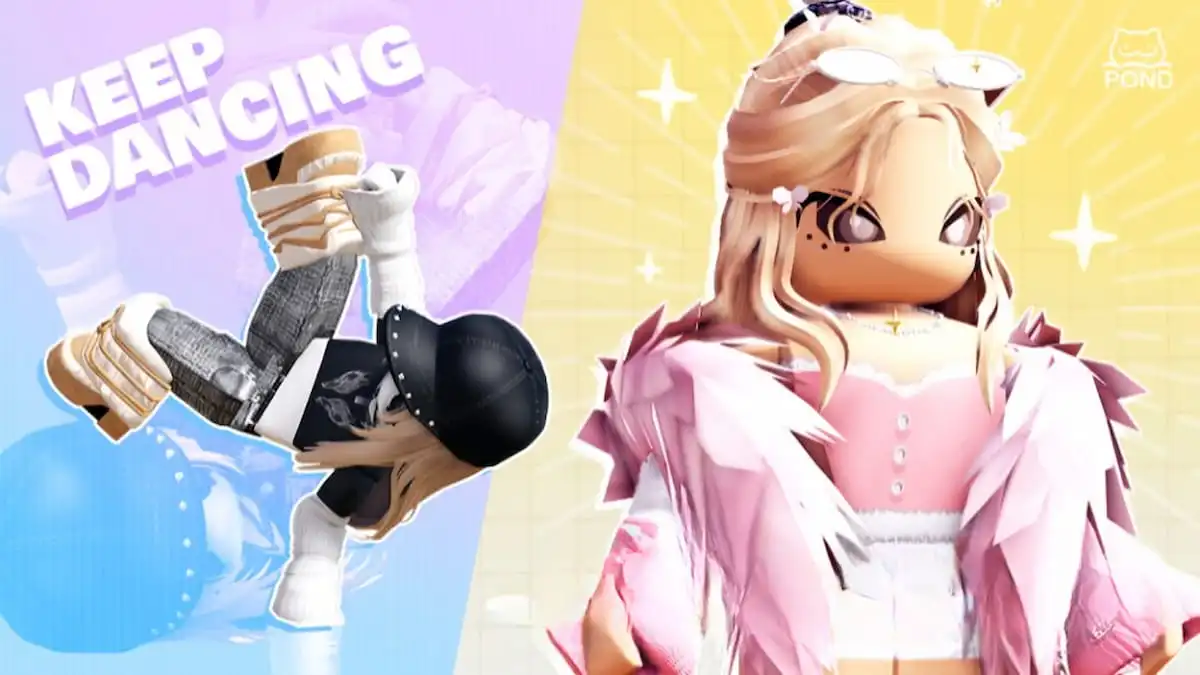A fellow commentor, Photofluid, on Thorin’s article of Western pro-gamers shouldn’t want to be like Koreans put forth an opinion I’ve heard time and time again. “I do not try to downgrade western players by any mean, but there is an interesting fact that I would like to share. Froggen, the best mid in the west, and Rekkles, the best adc in the west, are both known to practice like a monster and spam solo q whenever there are no scrims. Froggen was even known for debating on mid-lane matchups when the players were hanging out and having fun. Coincidence? Judge it by your self.”
Now, how many of you would be able to pick apart why the above does not hold true.
Let me put it in another way. Way back when, the Olympic high jump use to be performed by jumping straight on towards the bar. And many could say, “Well, the best athletes in the world are doing it this way!” However, just like Rekkles and Froggen, or even a well known Korean pro, if it works for them, it doesn’t:
A) Mean they could be doing something even better
B) Mean it works for everyone else.
So, you, like Photofluid had done, may point out Froggen and Rekkles. What if I pointed out JoeSchmo who has played twice as much as Froggen yet is only in Diamond. Maybe he needs to play three times as much? How about four?
What if he played less yet spent more time reviewing mistakes, watching other pro players with his same style? It’s not about practicing harder, it’s about practicing smarter. For every top tier korean pro, there’s many below them that don’t have the skill to get there, yet they may have just as much drive and determination. For some it just clicks, and a group of 5 are honned in and they dominate with the skills they have. But for many they never reach this point, or they never get good enough to make it onto a team – no amount of blind practice will help that.
Note that I’m not saying all koreans practice blindly, however, there seems to be a strong resistance towards proven methods that traditional pro sports have adopted – and guess what, they’ve adopted them for a reason.
The most important aspect of League of Legends at the highest level is team work and communication. You have to be on the same page, trust what the plan is, and execute it. Hesitation leads to disaster vs. the best of the best. And within those team fights you need to be able to execute your skills correctly and efficiently.
Now there’s still a big role in individual skill, both in those fights as well as away from the team fights, but how many times do you see poor soloq habits bleed into competitive play? Because I have seen it both in play and heard it when pros talk about how the game went in their post-game interviews.
However, let’s address this Froggen/Rekkles comment more thoroughly. For that we need to understand the principle of individuality.
The principle of individuality it’s a training principle that is based around the fact that everybody is different. Shocker, right? But you’d be surprised at how, even at the pro level (let’s take the NFL for instance), they will just design a basic workout program for a group. Well, what if one individual has an inherent weakness? That won’t be addressed and thus they won’t reach their full potential.
So, the take home point is that no two individuals will respond in the same way to a given training program.
Is this already clicking in your heads? Already we can cross of statements such as, “You need to practice like a Korean to be good at this game.” I can’t tell you how many people I knew in Starcraft BW (or even, hey, League of Legends) who would play 8 hours a day and still suck really bad. Like, embarrassingly bad.
Team managers should realize that each player is different. If player X enjoys practicing from 9 AM – 2 PM, 2 hour break, scrims, and then back at it for a couple hours or be done for the day, that’s fine. Even if player X shows fantastic results.. this does not mean what works for player X will then work for player Y, Z, etc…
However, it’s important to keep in mind that even though a player may not practice that exact schedule (maybe they want to practice 2 PM – 12 AM), with no break in between practice, scrims, and practice, you may also have a player who plays very little, say ~3 hours a day. That’s on the team manager or psychologist/athletic trainer if the team has one, to push him and get him motivated in some way to practice more, or just be done with him.
So, our biggest question here is.. what is an optimal way to improve results? And the answer is: practice.
Practice, but with proper feedback. What does this mean? Let’s put it in golfing terms. A man could go to the driving range every day and hit two bucket of balls, and still not break 100. There are also people who have never picked up a club and could do better than him. It’s just the way it goes sometimes.
But the bottom line is practice does not make perfect. Practice with proper feedback (so that you can realize what you’re doing wrong and what you need to do to correct yourself) makes perfect. Practice without fatigue is also more beneficial than with fatigue, as with fatigue your reactions slow, mental processes are slower, decision making becomes poor, finger accuracy/mouse accuracy can decrease, things of that nature. This is also why staying hydrated is important as well. However, this doesn’t mean you shouldn’t practice at all with fatigue, because you need to be familiar with it so that you can cope during an a BO3/BO5 tournament series, for instance. I’ve played in them, they’re long, enough said.
Something outside the game a player can do is increase their aerobic fitness, as that increases mental alertness, helps you making better decisions, so that you’re not thinking, “Hey, I can go ward this bush with no surrounding vision/teammates.” and then, “Oh yeah, I’m dead now.”
What good does it do the team if two of your five members are already checked out by the time your first or second game of a scrim rolls around. How much beneficial practice are you going to get out of that?
Now coming back to the game, making some general points now, knowing what you want to do in the game before it starts, and knowing how to adjust certain things in your game play based on what you see is huge. The former starts off as a game plan before the game, and each player has that in their head, a general flow on how you want the game to go, what you need to do to get there, and what you need to adjust if you’re behind to catch back up. No team should have to guess what they should do if they find themselves far behind. But you can tell which ones have a clue and which ones look like a chicken with their heads cut off.
Nerves is another big issue, but one that is sort of glossed over. For example, how many times have you heard, “Yeah this guy is really good in soloq/scrims but get him in a big game and he seems to choke. I just think he needs to play more games to get use to it.”
I’ve heard the above a few times and I’ve witnessed it with teammates and friends through BW and SC2 and even LoL. While the advice of playing more games to get use to it may work for some, as we’ve learned at the beginning of this beautiful rant of mine, that this is not helpful advice for all people.
What happens when a person chokes? This is something I talked briefly with Day9 about 4 years ago. The more stressful an event is (say, a World Series game, or a game to make it to to the quarter-finals in Worlds), the more a player regresses back to their ingrained training. So what you’ll see is, let’s take a 16 year old pitcher pitching in a state playoff game. They’ll start pitching like they would a year or two ago, and you’ll see some more obvious faults than they had in the past. The reason being is because it’s human nature to regress to what has been ingrained in you during the most stressful times. This is how our ancestors survived.
Applying this to League of Legends, let’s say you’ve practiced (what you thought was good) for a couple of months, but it turned out not to be as good as it could have been, then the last month you practiced great, and then you had Worlds. It’s not to say you’d totally regress, but there would definitely be those kind of elements in there. And obviously to combat that you need proper focus, mindset, positive affirmation, a game plan, a back up plan (not thinking you’re going to fail, but studies show that individuals who know what to do in case the main plan doesn’t work out deal better than those who don’t [common sense, right?]), all that good stuff can help counteract that.
Day9 responded by saying, “The brain functions surprisingly similarly to a computer. The frontal lobe holds ‘registers’ that can carry unique bits of information or can point to bits of memory/learned material. When you’re feeling very nervous, the number of registers drops fairly significantly and, as a result, you have a lot of trouble accessing what you’ve learned. Instead, what your brain has automated tends to take over and, hence, the EXACT outcome is what you described: you play the way you played a while ago instead of how you’ve been playing recently.”
Again, this goes back to proper training. Are you starting to understand how important this is yet? It can’t just be a splurge of mind numbing soloq. There should be goals, in soloq and in scrims, otherwise you’re not scratching the surface of your potential. You’re literally wasting effort – and you could be making yourself worse, or stagnanting.
Also look towards why they feel so nervous. Perhaps it’s their first huge international event, or they’re doubting their skills, or they don’t want to let their teammates/friends/family down. Whatever it is, it’s a friend’s job, a teammate’s job, a manager’s job to snap them out of it or you’ll get fucked, plain and simple.
One thing I can suggest is to get the player in the habit of positive self-talk. “WE WILL win this game. I WILL win lane. I CAN DO THIS!” and things of that nature, because positive self-talk is good, it helps keep your confidence up, it helps keep you on track, and negative self-talk, “I don’t know how well this is going to go, I hope I don’t lose too horribly, I hope I don’t let my team down,” will lead you down a spiral. It will leave you tilted.
If you start thinking that way, you have more of a chance of that happening. Thus, think positive, things will have a better chance at going good for you. It won’t always happen, but you will have a better chance, it’s proven, you will have a better chance to succeed.
At the end of the day, that’s what League of Legends is all about. A higher chance to succeed in the game, during laning phase, during team fights. Bolster that across the board from Top down to Bottom lane, and you’ll suddenly find yourselves with a winning formula.




